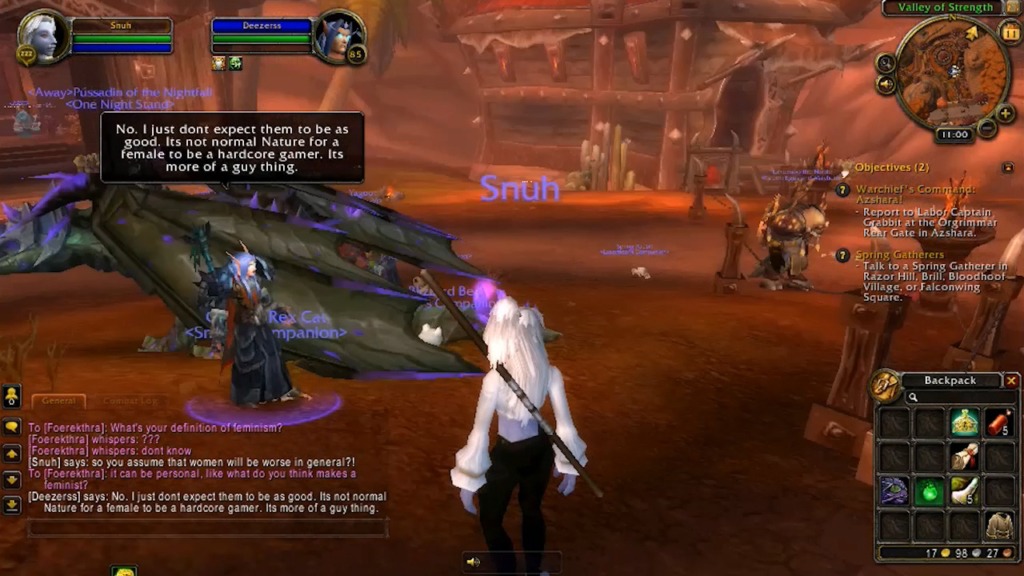Well Played: Play Per View
Well Played: Imagined Homeland
Game Boys
All Work and All Play
The way major video games are made — by a crew of thousands under exploitative labor conditions, with a dehumanizing division of labor emphasizing small, repetitive tasks — is reflected in the kind of games you get: massive open-world adventures full of thousands of discrete things to do, objects to collect, tasks to complete, and so on, held together by character and design and perhaps a narrative.
Well Played: Store Credit
Well Played: Battle Royale
Well Played: Passive Attack
Well Played
Well Played is a monthly column about video games and how they both reflect and shape capitalism’s development. What role do they play in reproducing society, transforming ideology, and sustaining capital’s pool of labor? The answers suggested here are meant as openings rather than conclusive statements; exceptions to some claims may be obvious, but these don’t nullify the general trends, which must be met with social resistance. This series is offered as a contribution to a map of the territory for those who would join that conflict.







